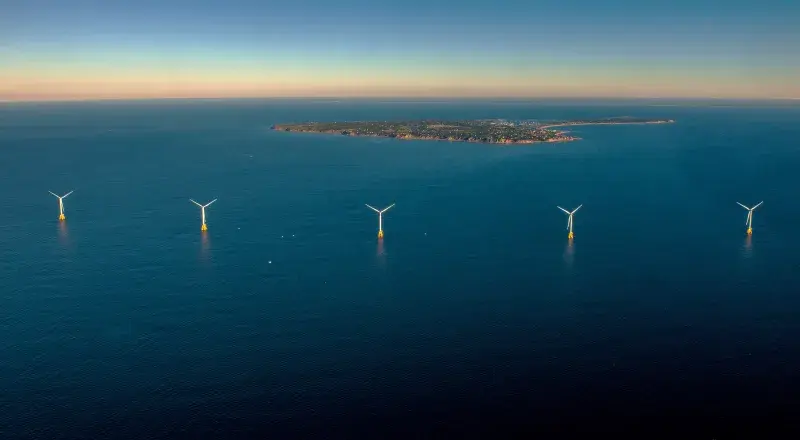Moving towards net zero
The world we live in is changing and the UK is at a turning point as we embrace the enormous opportunities a cleaner, greener future brings.

Working together to meet net zero
Find out more about the UK's journey to a net zero future.
Government has made it clear that a key part of recovery from the coronavirus pandemic is building back cleaner and greener. The UK has set a world-leading target to tackle climate change, which is to achieve net zero by 2050. Put simply, this means that we will remove the same amount of greenhouse gas from the atmosphere as we produce.
As a country, we are already making progress. In Spring 2020 Britain went 68 days without burning coal. Renewable energy also broke records reaching 59.9% of the electricity mix in August of that year. Solar power too had its highest ever share of the electricity mix reaching 34% on several occasions in May 2020.
But more needs to be done. Significant upgrades to our energy infrastructure is needed to deliver clean green energy from where it is produced to where it is needed.
The UK has the largest offshore wind capacity in the world. Offshore wind has an important role to play in achieving net zero, and a significant step change is required to deliver up to 50 GW of offshore wind energy by 2030, as set out in the Government’s British Energy Security Strategy.
Growth in offshore wind also offers significant opportunities for economic growth and job creation. There are up to 60,000 jobs expected to be created in the offshore wind sector alone in this decade.
The Government’s Energy White Paper sets out how the UK will clean up its energy system and reach net zero emissions by 2050.
The former Prime Minister’s Ten Point Plan for a Green Industrial Revolution will mobilise £12 billion of government investment, to create and support up to 250,000 green jobs.
The Climate Change Committee anticipate that electricity demand will at least double by 2050 as we shift to clean and low carbon energy to drive electric vehicles, heat our homes and power our industry. The Committee’s Sixth Carbon Budget published in December 2020 recommends deployment of renewables at scale, including 40 GW of offshore wind by 2030 and sustaining that build rate to support deployment up to 140 GW of offshore wind by 2050, raising further opportunity for growth and job creation. By 2050, our own analysis indicates that the energy sector needs to fill around 400,000 jobs to build the net zero energy workforce.
Our mission at National Grid is to support these aims. We believe by acting now, the UK can become the world’s first major clean economy, with net zero carbon emissions by 2050, creating growth and jobs for communities across Britain.